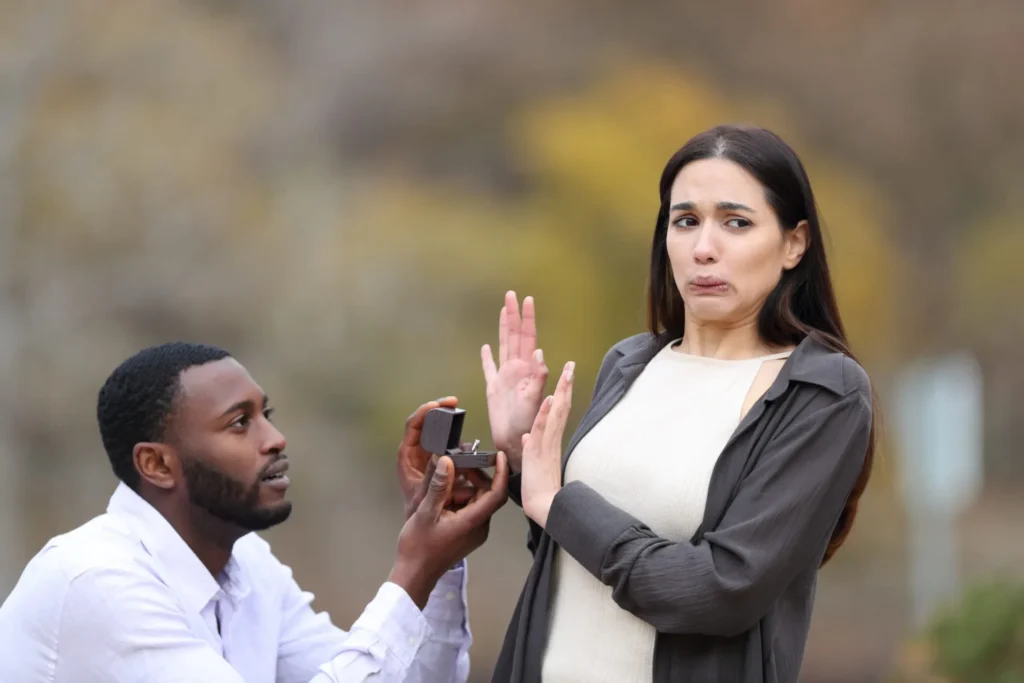Do you find yourself pulling away in relationships just when things start to get close? Or maybe you value your independence so much that it seems to push others away. If this sounds like you, you might be experiencing what’s known as dismissive avoidant attachment.
In this blog, we will explore everything you need to know about dismissive avoidant attachment: from the signs that this might be your attachment style, to why it happens, and how it impacts your relationships.
Whether you’re struggling in your romantic relationships, finding it hard to maintain close friendships, or simply curious about your emotional habits, this blog will provide effective ways to address and possibly change these patterns, helping you form healthier, more fulfilling connections.
Contents
What Are the Signs of Dismissive Avoidant Attachment?
 If you’re wondering whether this attachment style resonates with you, here are some key behaviors and traits that typically characterize dismissive avoidant attachment.
If you’re wondering whether this attachment style resonates with you, here are some key behaviors and traits that typically characterize dismissive avoidant attachment.
- Emotional Distance: You might find yourself keeping others at arm’s length emotionally. Even in close relationships, there’s a barrier that you maintain to avoid deep emotional engagement.
- Self-Reliance: You have a strong preference for handling issues on your own. The idea of relying on others makes you uncomfortable, and you pride yourself on not needing anyone else’s help.
- Discomfort with Intimacy: Emotional or physical closeness can make you uneasy. You might feel like maintaining your independence and personal space is more important than forming intimate connections.
- Minimizing the Importance of Relationships: You often downplay the importance of relationships in your life, portraying them as less significant or less of a priority compared to other aspects like career or personal hobbies.
- Avoidance of Dependency: The thought of someone else depending on you or having to depend on someone else can be unsettling. You avoid situations where mutual dependency might be necessary.
- Difficulty Expressing Emotions: Sharing your feelings or expressing affection does not come naturally. You might struggle to articulate your emotions or understand the emotional needs of others.
- Preference for Solitude: Spending time alone is not just enjoyable but often preferred. You might choose solo activities over group or partner activities to maintain a sense of control and independence.
- Dismissal of Past Relationships: When discussing past relationships, you might focus on their limitations and the freedom you gained from their ending rather than any emotional pain or loss.
- Skepticism About Love: You might be skeptical about the notions of romance and love that emphasize deep emotional connections, viewing them as unrealistic or unnecessary.
- Control Over Personal Space: You control your environment and interactions tightly, ensuring that nothing gets too overwhelming or intrusive.
If these traits sound familiar, considering how they affect your personal connections can lead to meaningful changes and healthier interactions.

 Dismissive avoidant attachment often starts in childhood, based on how we interacted with our caregivers. Here’s a simpler look at why some people might develop this attachment style:
Dismissive avoidant attachment often starts in childhood, based on how we interacted with our caregivers. Here’s a simpler look at why some people might develop this attachment style: Dismissive avoidant attachment can significantly affect various types of relationships, including romantic partnerships, friendships, and family connections.
Dismissive avoidant attachment can significantly affect various types of relationships, including romantic partnerships, friendships, and family connections.


